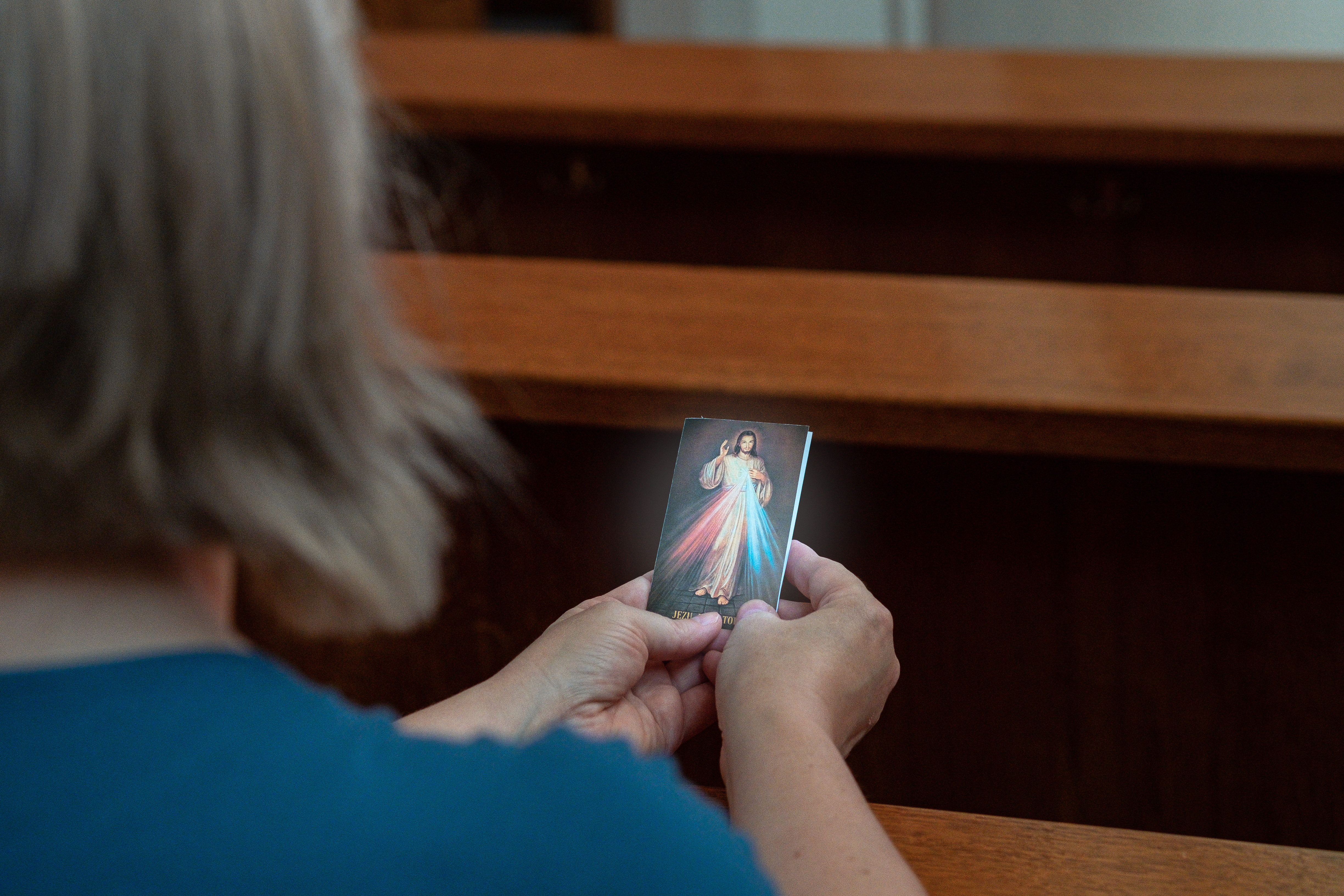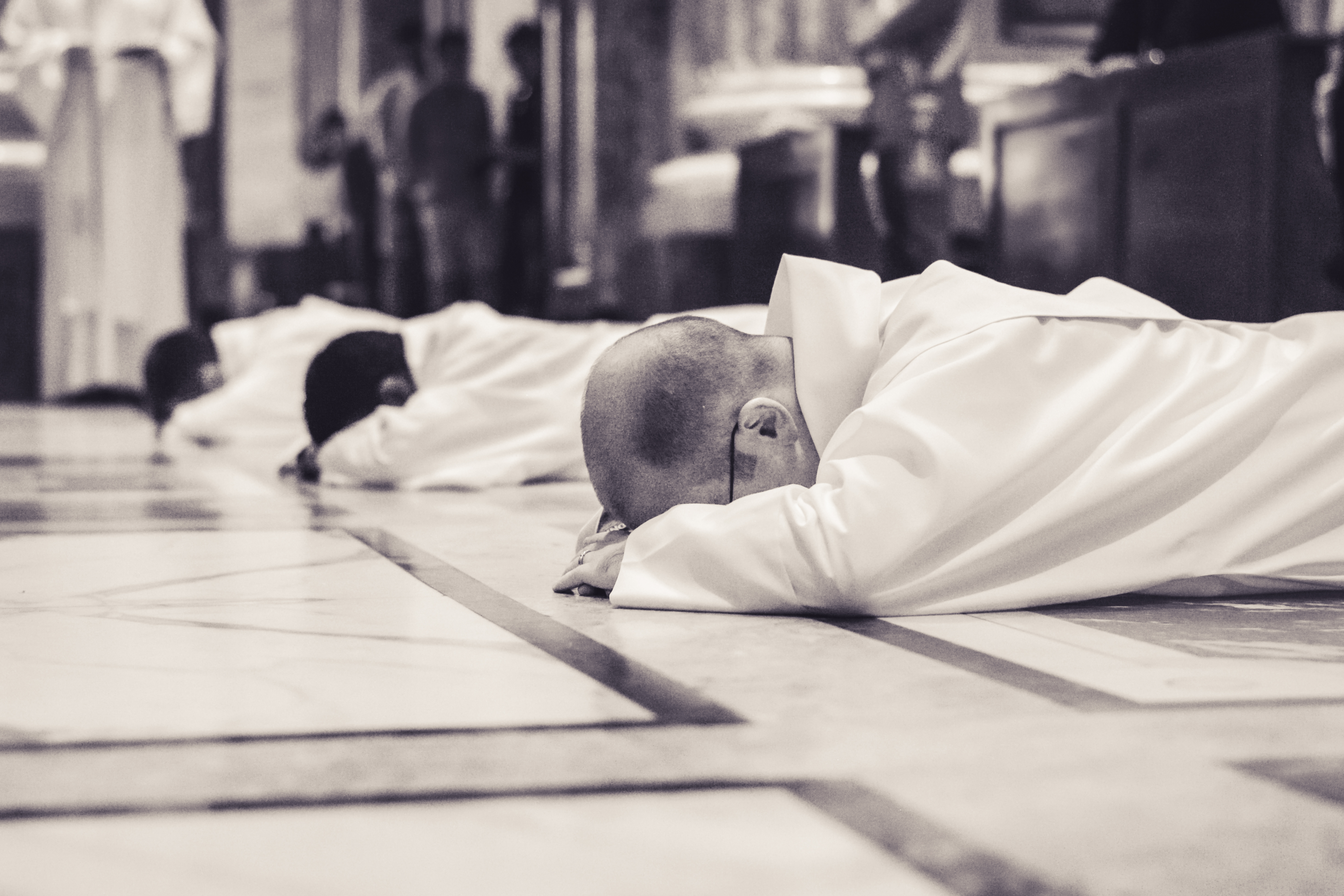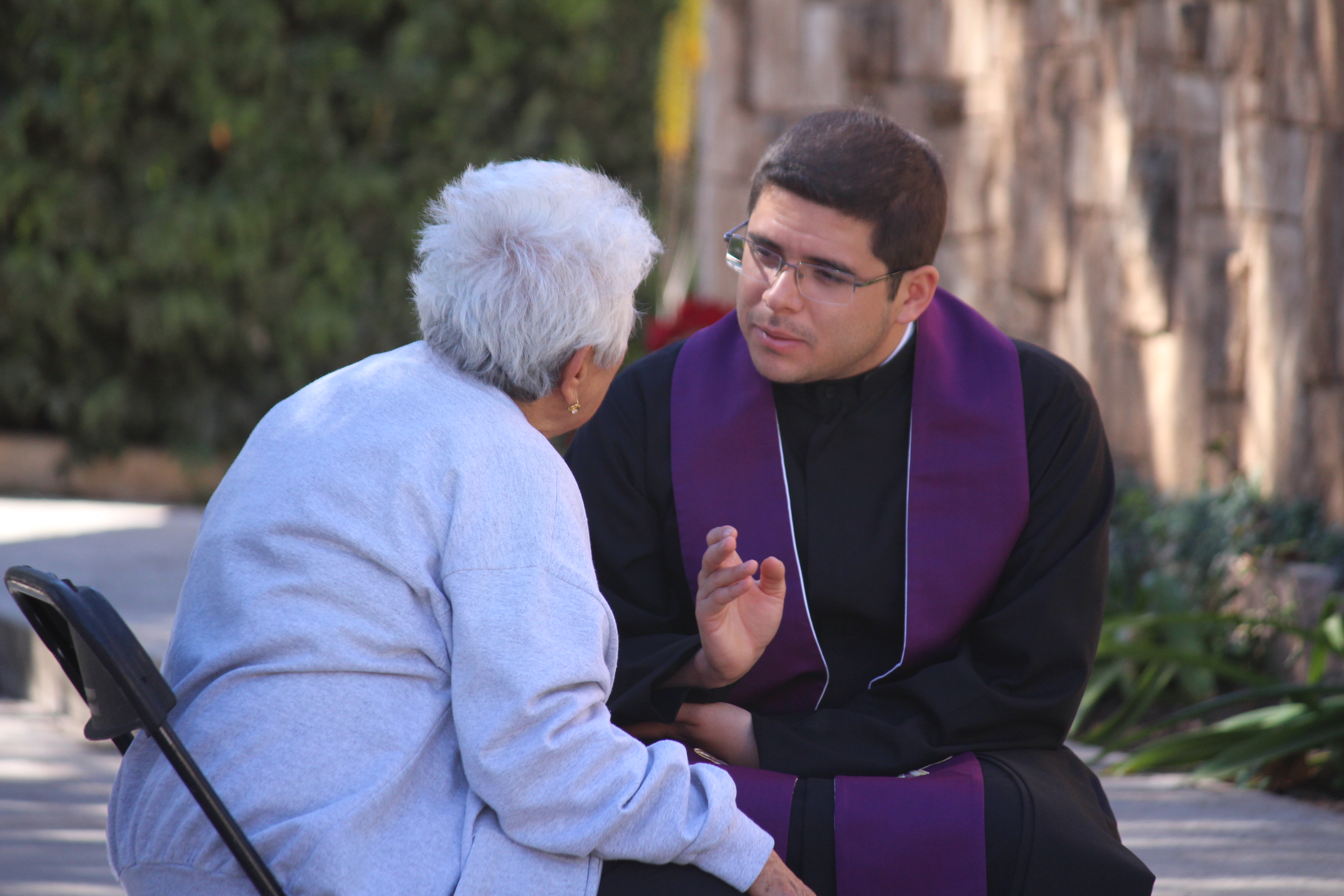Here we are, with Christmas just one week away. The anticipation is mounting as we try to maintain our holy observance of the final days of Advent while, at the same time, preparing for the more secular celebrations we have adopted, such as buying presents, decorating our homes and preparing for family and feasting.
Every year about this time, I am reminded of the year when I only asked for one gift: a bicycle. I don’t even remember exactly how old I was, somewhere around 7 or 8 or 9, but nothing else was on my mind. I had learned how to ride on my older brother’s bike, and now I was ready for my own.
That Christmas, I remember as presents were handed out and wrapping paper was ripped off, I started to collect quite a pile of gifts. In fact, I specifically remember thinking, “I didn’t get this much stuff last year.” We were not rich, and there were five kids at the time, but my parents always did their best to give us a merry Christmas. I remember I even received an electric football game that boys my age in the mid-1970s loved.
But it wasn’t a bicycle. When all the presents were opened, I specifically remember the huge disappointment I felt. I also knew better than to express it. My parents had been very generous to me, so who was I to be sullen and disappointed? And then my father asked me, “Is something wrong?” Uh-oh. Did I look disappointed? What was wrong with me? How dare I be sad when they had been so good to me. “Nothing, I’m just looking over my gifts.”
“Come with me,” he said. He put his hand on my shoulder and led me upstairs. Oh no, I thought, I’m really going to get it. I’m going to be punished on Christmas for being an ungrateful little wretch. I started to shake and held back tears. I knew I was in for it. He led me into his study, and I braced myself for what was coming, and there was the most beautiful red and gold banana-seat bicycle I had ever seen in my life. I cried all right, glorious tears of childish joy.
Fast forward 50-some years to today. I read the beginning of Matthew’s Gospel, and I realize the true gift of Christmas. Jesus is all we need, and He is all I want, this year and every year. The joy He brings so far exceeds anything a bicycle could do, I almost shudder to think how naïve I was. My parents loved me, but God has loved me so much more, sending his only Son to Earth for us, to be sacrificed for our sins and the Savior of our souls. May we all have that great, intense anticipation that Jesus, this season and always, enter more and more into our hearts. Thank you, dear Father, for the greatest gift of all.
Aquí estamos, a tan solo una semana de la Navidad. La emoción aumenta a medida que tratamos de mantener la santa observancia de los últimos días de Adviento y, al mismo tiempo, nos preparamos para las celebraciones más seculares que hemos adoptado, como comprar regalos, decorar la casa y prepararnos para la familia y los festejos.
Todos los años, por esta época, me acuerdo del año cuando pedí un solo regalo: una bicicleta. Ni siquiera recuerdo exactamente cuántos años tenía, alrededor de 7, 8 o 9 años, pero no pensaba en nada más. Había aprendido a andar en la bicicleta de mi hermano mayor y ahora estaba listo para tener la mía.
Me acuerdo que esa Navidad, mientras repartían los regalos y arrancamos el papel de ellos, comencé a recolectar una gran cantidad. De hecho, me acuerdo de haber pensado específicamente: “El año pasado no recibí tantas cosas”. Mis papás no eran ricos y éramos cinco hijos en ese momento, pero siempre hicieron lo mejor que pudieron para darnos una feliz Navidad. Me acuerdo que incluso recibí un juego de fútbol electrónico, que a los chicos de mi edad en los años 70 les encantaba.
Pero no era una bicicleta. Al terminar de abrir todos los regalos, me acuerdo específicamente de la enorme decepción que sentí. También sabía que no debía expresarla. Mis padres habían sido muy generosos conmigo, así que ¿quién era yo para estar malhumorado y decepcionado? Y entonces mi padre me preguntó: “¿Qué tienes?” Oh no. ¿Parecía decepcionado? ¿Qué me pasaba? ¿Cómo me atrevía a estar triste cuando habían sido tan buenos conmigo? “Nada, solo estoy revisando mis regalos”.
“Ven conmigo”, dijo. Puso su mano sobre mi hombro y me llevó al segundo piso. Oh, no, pensé, realmente me lo voy a dar. Me van a castigar en la Navidad por ser un pequeño desgraciado y mal agradecido. Empecé a temblar y a contener las lágrimas. Sabía que me esperaba algo así. Me llevó a su estudio y me preparé para lo que me esperaba. Y allí estaba la bicicleta más hermosa que había visto en mi vida con asiento largo roja y dorada. Lloré, sí, lágrimas gloriosas de la alegría infantil.
Avance rápido 50 años hasta el día de hoy. Leí el comienzo del Evangelio de Mateo y me di cuenta del verdadero regalo de Navidad. Jesús es todo lo que necesitamos y es todo lo que quiero, este año y todos los años. La alegría que trae supera con creces todo lo que una bicicleta podría hacer; hasta me da vergüenza pensar en lo inocente que fui. Mis padres me amaban, pero Dios me ha amado mucho más, enviando a su único Hijo a la Tierra por nosotros, para ser sacrificado por nuestros pecados y ser el Salvador de nuestras almas. Que todos tengamos esa gran e intensa esperanza de que Jesús, en esta temporada y siempre, entre cada vez más en nuestros corazones. Gracias, querido Padre, por el regalo más grande de todos.
 Mike Karpus is a regular guy. He grew up in Michigan’s Upper Peninsula, graduated from Michigan State University and works as an editor. He is married to a Catholic school principal, raised two daughters who became Catholic school teachers at points in their careers, and now relishes his two grandchildren, including the older one who is fascinated with learning about his faith. He also has served on a Catholic school board, a pastoral council and a parish stewardship committee. He currently is a lector at Mass, a Knight of Columbus, Adult Faith Formation Committee member and a board member of the local Habitat for Humanity organization. But mostly he’s a regular guy.
Mike Karpus is a regular guy. He grew up in Michigan’s Upper Peninsula, graduated from Michigan State University and works as an editor. He is married to a Catholic school principal, raised two daughters who became Catholic school teachers at points in their careers, and now relishes his two grandchildren, including the older one who is fascinated with learning about his faith. He also has served on a Catholic school board, a pastoral council and a parish stewardship committee. He currently is a lector at Mass, a Knight of Columbus, Adult Faith Formation Committee member and a board member of the local Habitat for Humanity organization. But mostly he’s a regular guy.
Feature Image Credit: Meghan Hessler, unsplash.com/photos/silhouette-of-man-riding-bicycle-during-sunset-oA9Wr2MXbsU












